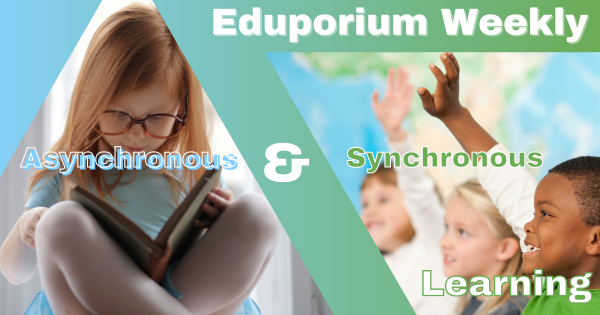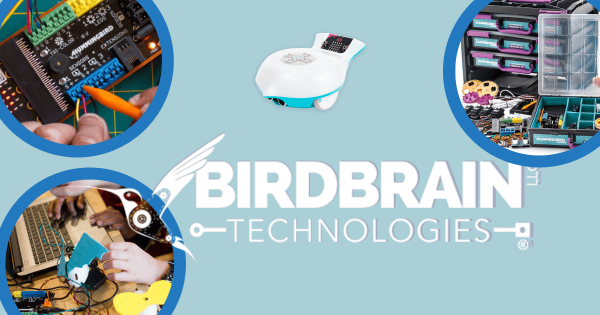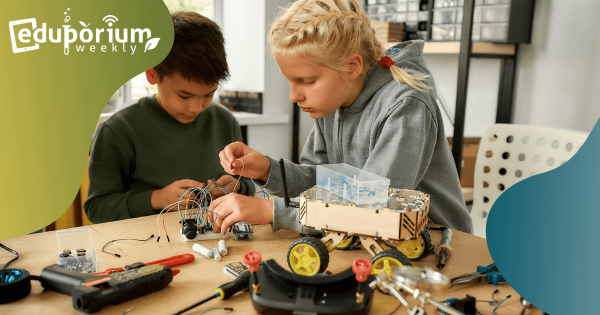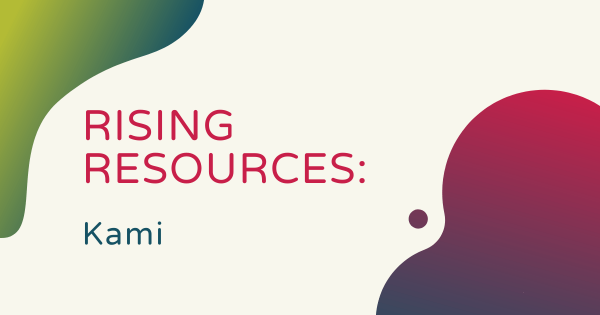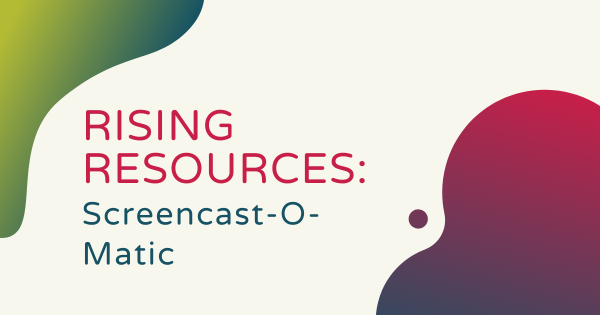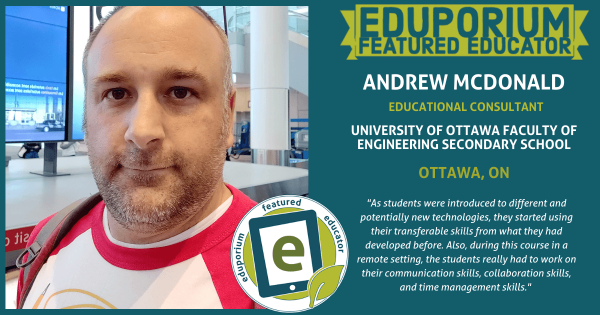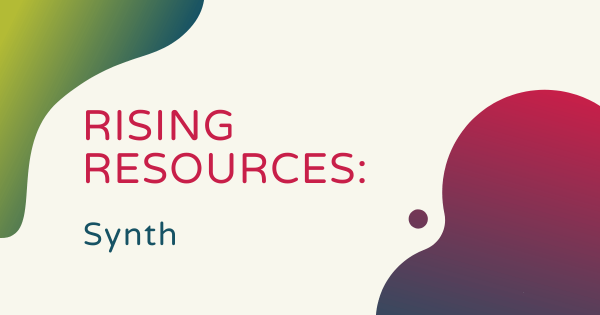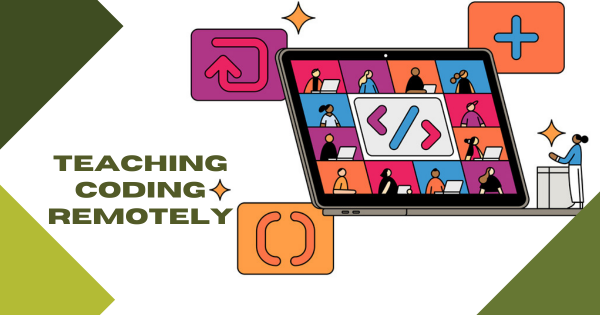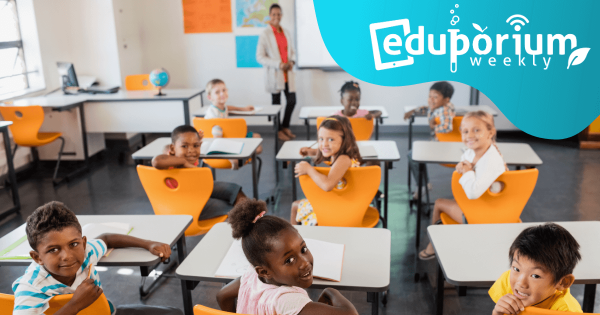Synchronous and asynchronous learning have each become important topics throughout various education communities and the subtle features of each are valuable for today’s educators to know. If you’re moving back and forth about which method to use or find yourself switching regularly, read on to learn more.
Search results for 'asynchronous'
-
BirdBrain's Robots, Kits, And PD Offer Serious STEAM Potential
Coding and arts education may not seem like they truly align all that much but, thanks specifically to the versatile Hummingbird Robot from BirdBrain, students can certainly combine them through impactful projects. Plus, with the fully capable Finch Robot 2.0, children in all K-12 grades can code and create with ease. And, there’s highly effective PD tools for teachers, too! -
Eduporium Weekly | Technology, Equity, And Inclusion
Equity in modern learning involves much more than connectivity—although that’s a big piece of this puzzle. Disparities in reliable Internet access along with other inequities (as we constantly felt amid the pandemic) can expose inconsistencies in learning quality. On the other hand, firming up students’ digital safety (while serving their needs) also entails equity considerations. -
Rising Resources | The Kami App And Digital Classrooms
With the Kami app, teachers can essentially upload the physical version of any instructional resource, like worksheets or photo copies, onto the Kami platform. From there, they can display it on a whiteboard for all students in their classroom to see or transform these documents into more interactive learning assets with the feedback and annotation tools in the Kami -
Rising Resources | Screencast-O-Matic
As a mobile application or desktop program, Screencast-O-Matic can help make mobile video recording and editing easier on any teacher who likes to customize the content they teach with. Plus, students can get creative with the projects they produce thanks to the simple user experience that makes Screencast-O-Matic a great tech tool in creative education. -
Tips & Tricks | The Sphero BOLT Robot
Students can program the Sphero BOLT Robot to roll around, program its LED lights, program its sounds, and add loops to repeat programs. When programming the BOLT, they can use the various programming blocks in the Sphero Edu app. With these blocks, students can build programs for the BOLT to run and build their CS foundation at the same time. -
Eduporium Featured Educator: Andrew McDonald
We’re excited to share our latest Eduporium Featured Educator interview with our community! This month, we hear from Andrew McDonald, who’s an educational consultant and faculty member of the Engineering Secondary School at the University of Ottawa and, like so many other educators around the world, he’s had to get creative over the last year. -
Rising Resources | Synth for Student-Teacher Communication
Some students need intentional effort to be made in order to settle into their learning situation, feel more comfortable participating, or use it as a base to become more social with their peers. If educators don’t have the time for one-on-one conversations, they can still communicate using Synth—the focus of this week’s Rising Resources post! -
Summer STEM: Tips for Teaching Coding Remotely
STEM education and coding in particular do not have to come to a halt just because education has been altered. Teachers around the world have been going to great lengths since March to continue delivering instruction with the highest quality possible and that can include STEM experiences in remote learning if you have a sound strategy. -
Eduporium Weekly | A Return to In-Person Learning
As the school year winds down, many students and teachers are experiencing some firsts. Some have been in the classroom all year, but others are getting their first taste of that return to normal in-person learning. In many cases, this even means students are meeting their teachers and classmates for the first time.



